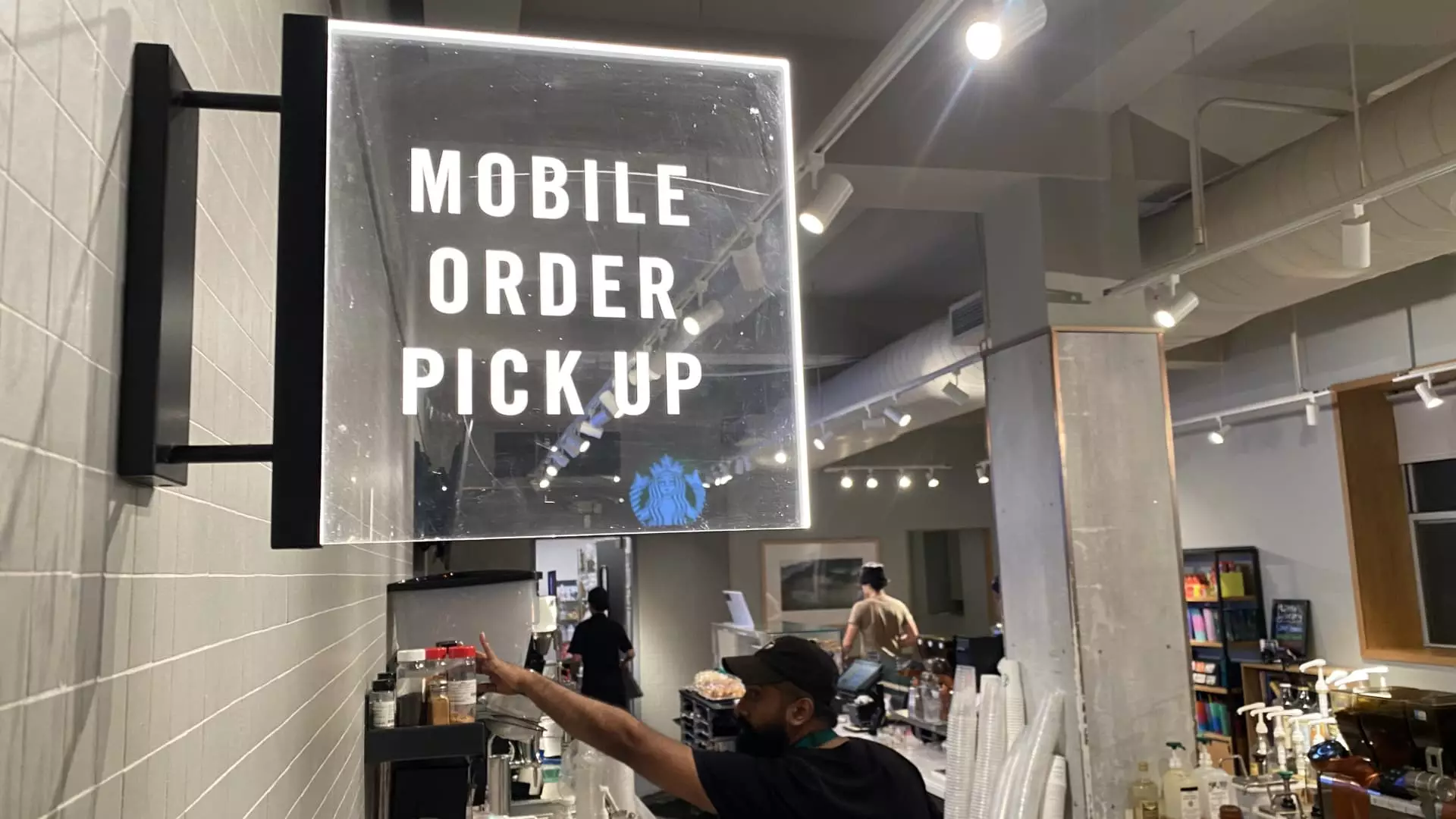Starbucks, a once beloved coffee giant, has been facing a multitude of challenges that have caused a decline in its sales in recent years. The company’s operational issues, primarily related to mobile orders, have been a major concern for both investors and executives. As Brian Niccol prepares to take on the role of CEO, tackling these challenges will be at the top of his agenda.
One of the major issues plaguing Starbucks is the overwhelming presence of mobile orders in its cafes. With mobile orders accounting for roughly one-third of the company’s total sales, the pressure on baristas to fulfill these orders has been immense. Add-ons like cold foam or syrups, while more profitable for Starbucks, have led to longer wait times and frustrated customers.
Robert Byrne, a senior director at Technomic, emphasized the operational challenges faced by Starbucks due to mobile orders. He agreed with Howard Schultz that the issue lies not in the data, but in the store itself. Operational efficiency has become a critical aspect for Starbucks to address in order to reduce crowding and improve the overall customer experience.
Starbucks, once positioned as a “third place” between work and home, has lost its reputation as a place for customers to linger and enjoy their coffee. The shift towards mobile ordering has taken away from the traditional cafe experience that Starbucks was known for. Customers now prefer the convenience of ordering on the go, leaving the cafes less crowded and less inviting for socializing.
Howard Schultz, the former CEO of Starbucks, highlighted the failure of the company to anticipate this shift in consumer behavior. Despite investments in technology and digital sales under the leadership of Kevin Johnson, the operational challenges persisted. The lack of attention to the changing landscape of consumer preferences ultimately led to a decline in the company’s performance.
In contrast to Starbucks, Chipotle has successfully navigated the rise of digital orders under the leadership of Brian Niccol. With a focus on enhancing the digital ordering experience, Chipotle saw a significant increase in online sales. Niccol and his team implemented various strategies such as promotions, rewards programs, and the introduction of new menu items to drive digital sales.
Chipotle’s proactive approach to digital orders, including the installation of dedicated prep lines and drive-thru lanes for online orders, set them apart from Starbucks. By embracing automation and innovation, Chipotle was able to streamline operations and meet the increasing demand for digital orders.
As Starbucks looks towards the future, addressing its operational challenges will be crucial for its success. With the introduction of new equipment and processes to speed up service, the company is making efforts to improve the barista experience and enhance customer satisfaction. However, the slow rollout of these changes raises concerns about the effectiveness of the measures.
Brian Niccol, as the incoming CEO, will need to prioritize operational efficiency and innovation to overcome the challenges faced by Starbucks. By focusing on reducing wait times, improving service quality, and investing in technology, Niccol has the opportunity to revitalize the Starbucks brand and regain its position as a leader in the coffee industry.

